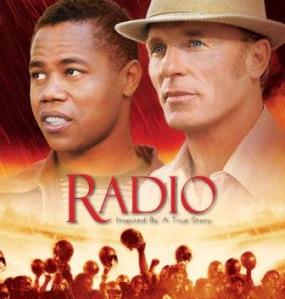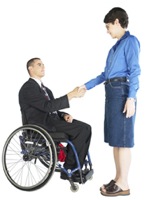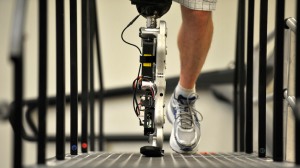By Malinda Jorgensen
Here are 10 deaf problem that I face sometimes, and most of them are true for other deaf people. Understand NOT all of them are deaf problems especially #7:
Deaf Problem #1:
You sometimes have to keep your eyes open to understand the person better when that person is praying.
Deaf Problem #2:
When you get an Apple product, you get earbuds as well. You have to give them to another person, because it is not totally convenient to wear earbuds with CIs and ear molds.
Deaf Problem #3:
You ignore calls from numbers you don’t know, because you know you won’t be able to understand strangers as well as you understand people you do know.
Deaf Problem #4:
You have to have an alarm that shakes and/or a light goes off otherwise you can’t hear an alarm that makes noise.
Deaf Problem #5:
Along the lines of an alarm clock, sometimes you forget to turn your alarm off when someone else sleeps in your bed. The next thing you know the person is wide awake after the alarm loudly shakes them awake. The person will comment. Not that happened to my alarm or anything…
Deaf Problem #6
You feel tired after a day of classes because you have been concentrating so hard on trying to understand the teacher and your classmates. This has happened to me many times!
Deaf Problem #7
You don’t hear anything when there is a thunderstorm at night, because your hearing aids or cochlear implants are off when you are sleeping. Then the next day people ask you if you heard the storm. You say that you did not; you slept peacefully.
Deaf Problem #8
Saying “I can’t hear you” to warn your family members that you don’t have your CIs or hearing aids in. You know, just in case they start talking to you.
When you have to be careful of what you lean against. If you lean against a metal thing, your CI magnet will stick to the metal thing.





 1. ALWAYS ask if they need accommodations. Many people with disabilities have a variety of wanted accommodations, so I suggest you ask the interviewee, not wait for their response. But here’s a heads up for a few disabilities: If they are deaf with no hearing assistance, they will require an interpreter OR you will have to face them so they can read your lips. If they are in a wheelchair, make sure the place is accessible.
1. ALWAYS ask if they need accommodations. Many people with disabilities have a variety of wanted accommodations, so I suggest you ask the interviewee, not wait for their response. But here’s a heads up for a few disabilities: If they are deaf with no hearing assistance, they will require an interpreter OR you will have to face them so they can read your lips. If they are in a wheelchair, make sure the place is accessible.


